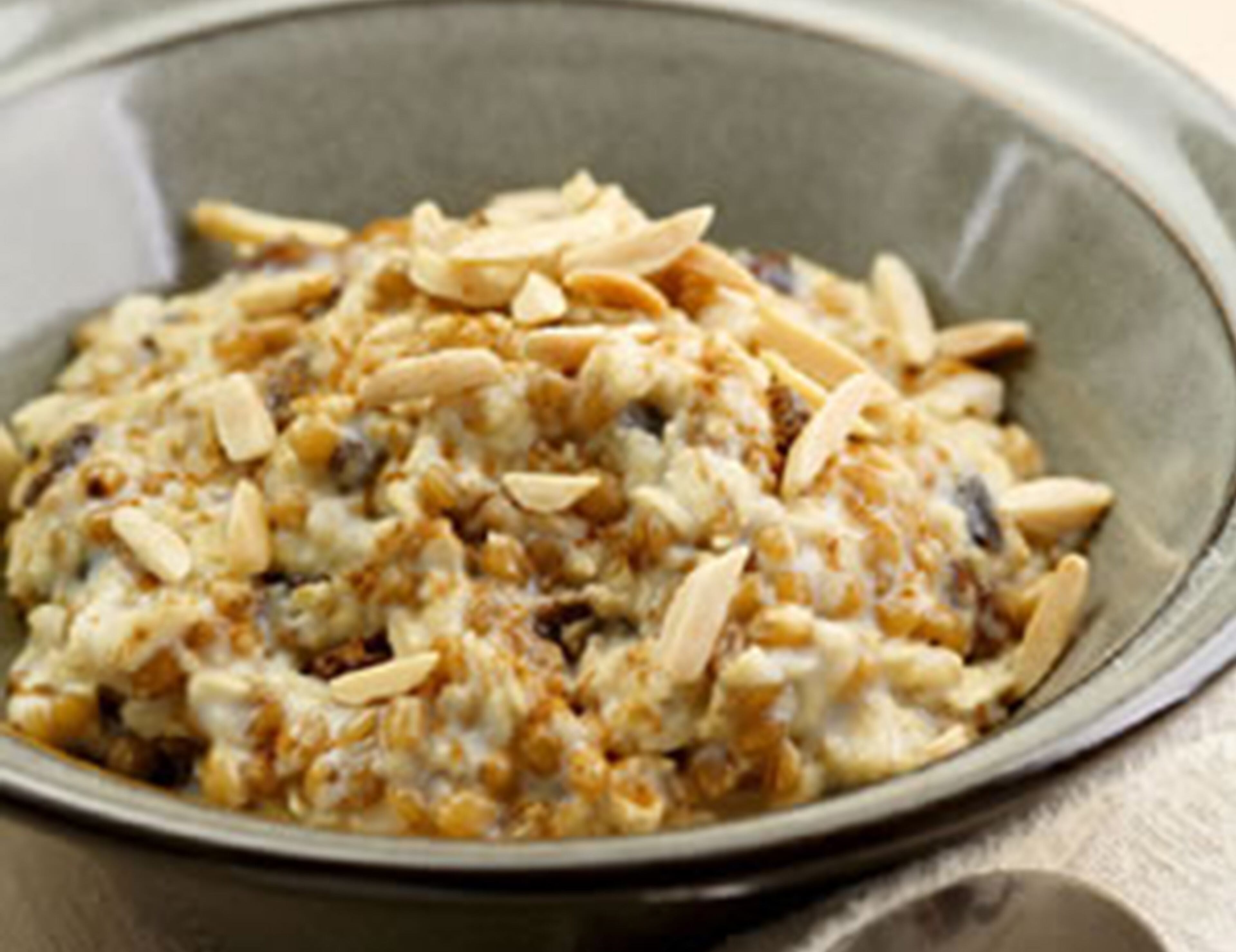7 ways to cut back on sugar (and cut your cravings)
If you're drawn to sugary treats like a kid to the candy store, you are not alone. The average American consumes 19.5 teaspoons (82 grams) of sugar every day, which adds up to about 66 pounds of sugar per year, per person, according to the University of California San Francisco SugarScience website.
Meanwhile, the 2015–2020 Dietary Guidelines for Americans recommend limiting added sugar to 10 percent of daily calories, which works out to about 150 calories or around nine teaspoons (38 grams) of added sugar, or two-thirds of that for women, registered dietitian Amy Gorin told the Weight Watchers blog.
The sheer overabundance of added sugar in the American diet goes well beyond childlike pleasure. Researchers have linked too much dietary sugar to ailments and diseases that include heart disease, kidney failure, Type 2 diabetes and even insomnia.
With all that bad press, you'd think it would be easy for a logical person just to stop eating so much added sugar. But sugar creates a wave of dopamine and serotonin, the brain's "feel-good" chemicals. Your reaction to sugar matches the reaction to certain drugs, including cocaine, according to Self. And once you get that initial sugar high, your body only craves more.
But there are sugar-reducing steps you can take on your own. You'll be limiting anything sweet added to foods during processing, like honey, brown sugar, maple syrup, molasses, fruit juice, brown rice sugar, sugar cane and other sugar stand-ins, like corn syrup.
One piece of good news: sugars found naturally in fruit and milk don't count against the recommended daily amount.
Gorin gave the example of oatmeal, where 1.5 ounces of pre-sweetened maple and brown sugar oatmeal in individual servings contains 12 grams of added sugar but ordinary oatmeal (quick cook, old-fashioned or steel cut) has zero added sugar. A 12-ounce can of cola, meanwhile, has more than triple the added sugar of the sweetened oatmeal, 39 grams.
Even if you're not trying to lose weight, these tips provided by Weight Watchers and other nutritionists will help you cut sugar from your diet, and, eventually, tame your cravings:
Drink more water
Avoid sugar-laden sodas like the plague. "If you crave bubbles switch to sparkling water or all-natural seltzer with a splash of 100-percent fruit juice or fresh fruit for flavor," Shape recommended.
Reach for fruit at snack time
"Trading processed treats for fruit-based snacks is a great way to slash added sugar and up your intake of vitamins, minerals, antioxidants and fiber," Shape noted. It suggested sliced apples or pears dolloped with almond butter; nonfat organic yogurt layered with in-season fresh fruit, nuts and rolled oats; or a fresh fruit smoothie.
Infuse your water and ice
For a sweet drink without the sugar, combine fresh sliced fruit and water in a pitcher and let it sit overnight before serving, advised sports dietitian Natalie Rizzo.
Swap tea for soda
"I love to drink fruity, herbal teas like peach, apple, lemon, or raspberry, hot or iced, when I want something sweet and I need to make water more exciting," nutritionist Christy Brissette suggested.

Sweeten oatmeal with fruit
"Add frozen berries to your plain, warm, cooked oats instead of purchasing instant oatmeal that's packaged with added sugar," registered dietitian Tori Holthaus told Weight Watchers. "The frozen berries melt and nearly liquefy into the oatmeal - and a sweet, delicious flavor results."
Make your own tomato sauce
"Many jarred tomato sauces have added sugar, and who needs that?" registered dietitian Sarah Pflugradt told Weight Watchers. "You will feel like an Italian chef with a savory sauce simmering away in your house!"
Pre-plan your splurges
Stash healthy snacks in your desk to help you avoid the office goodies that show up, Shape recommended, and make it a policy to avoid free samples. That way you can genuinely enjoy the occasional planned splurge, like a restaurant dessert balanced by a light entrée.

